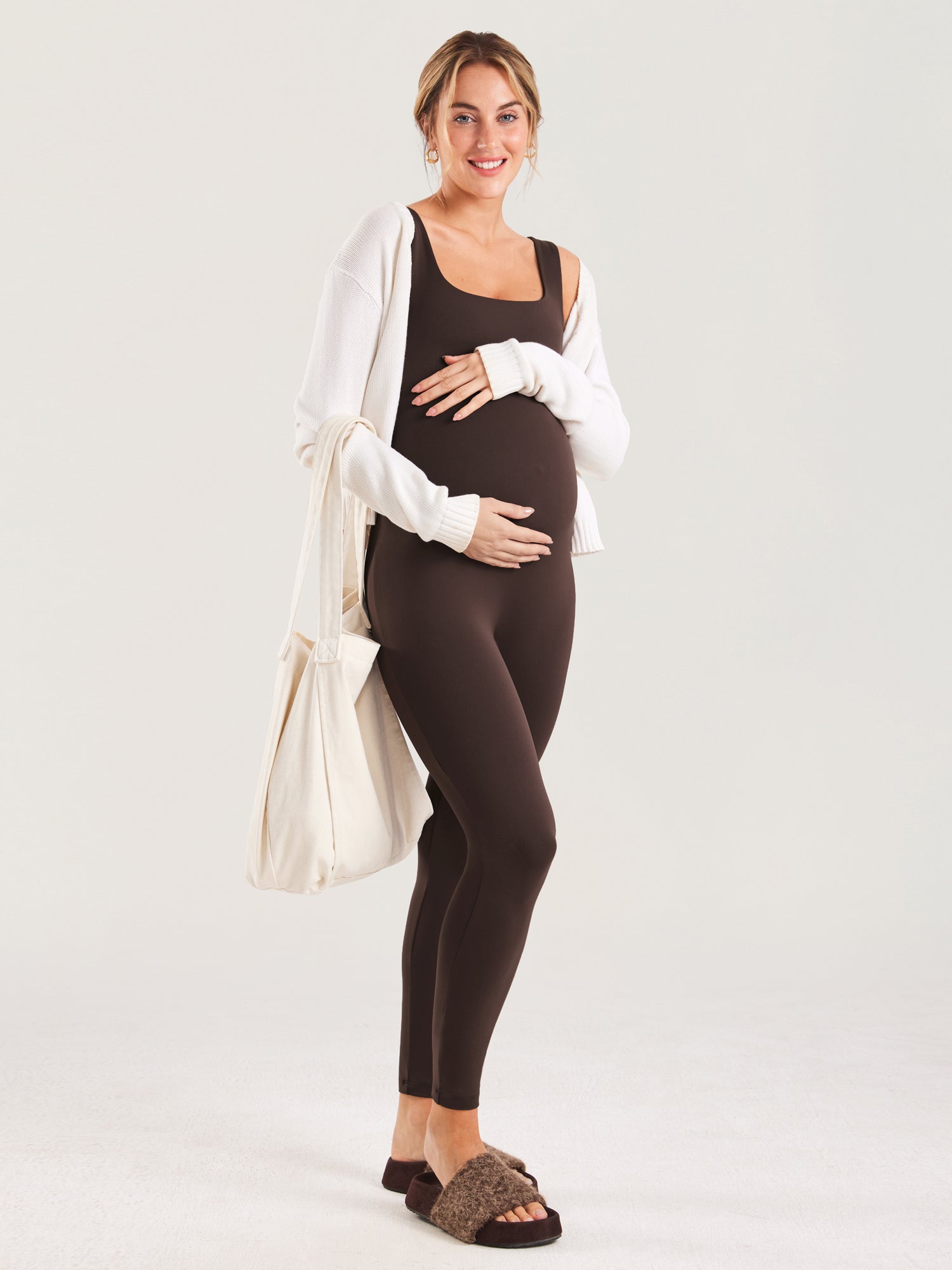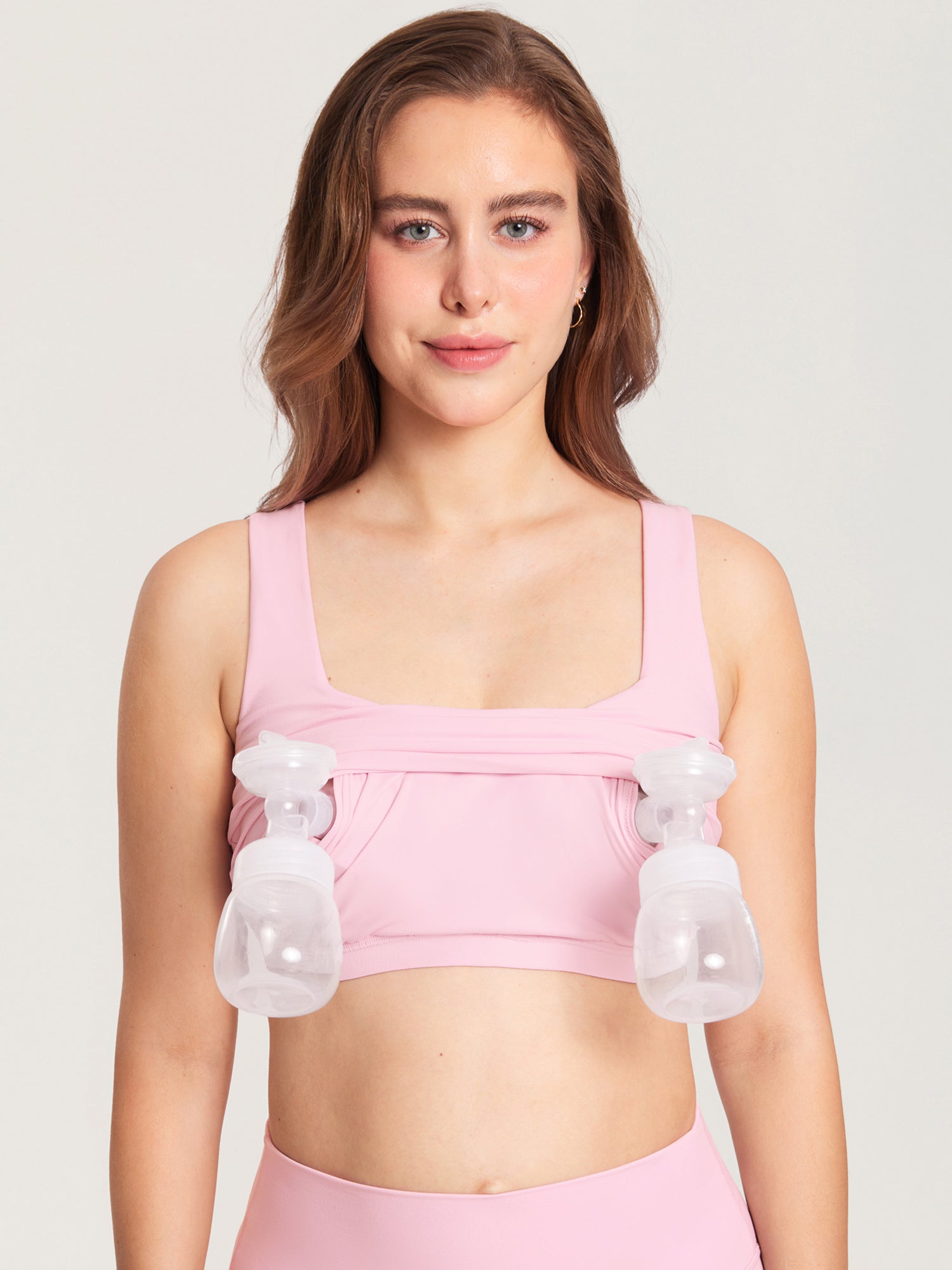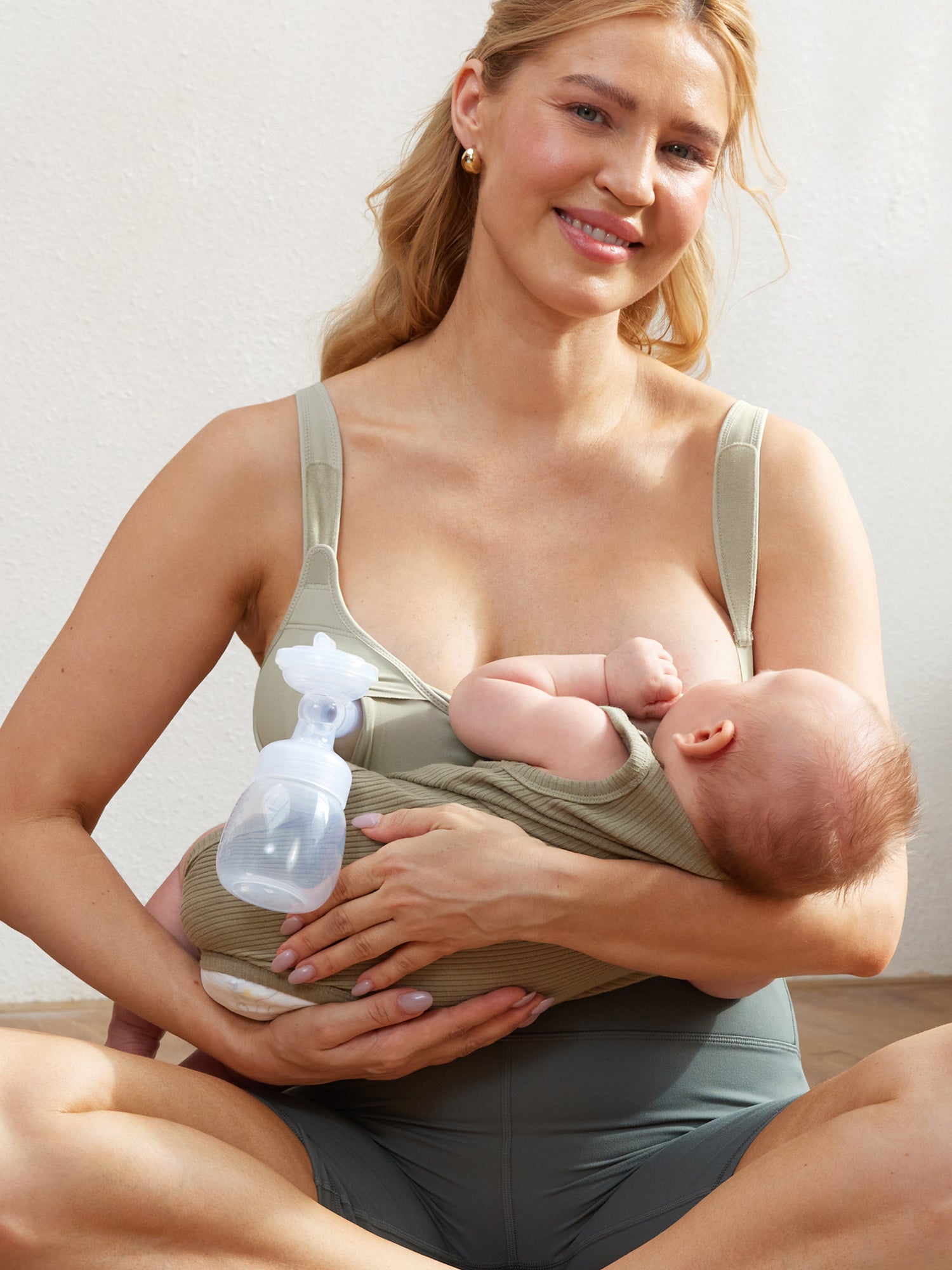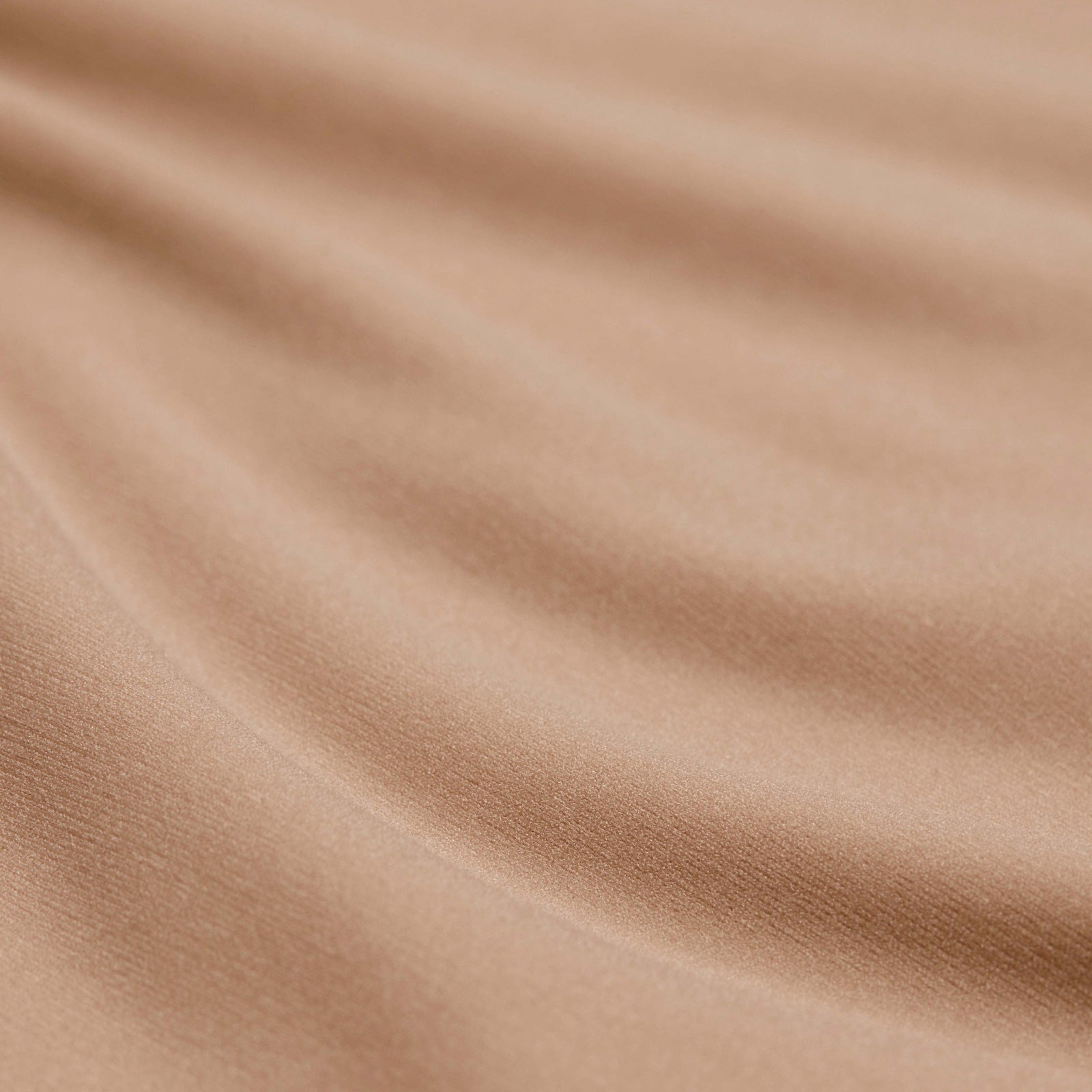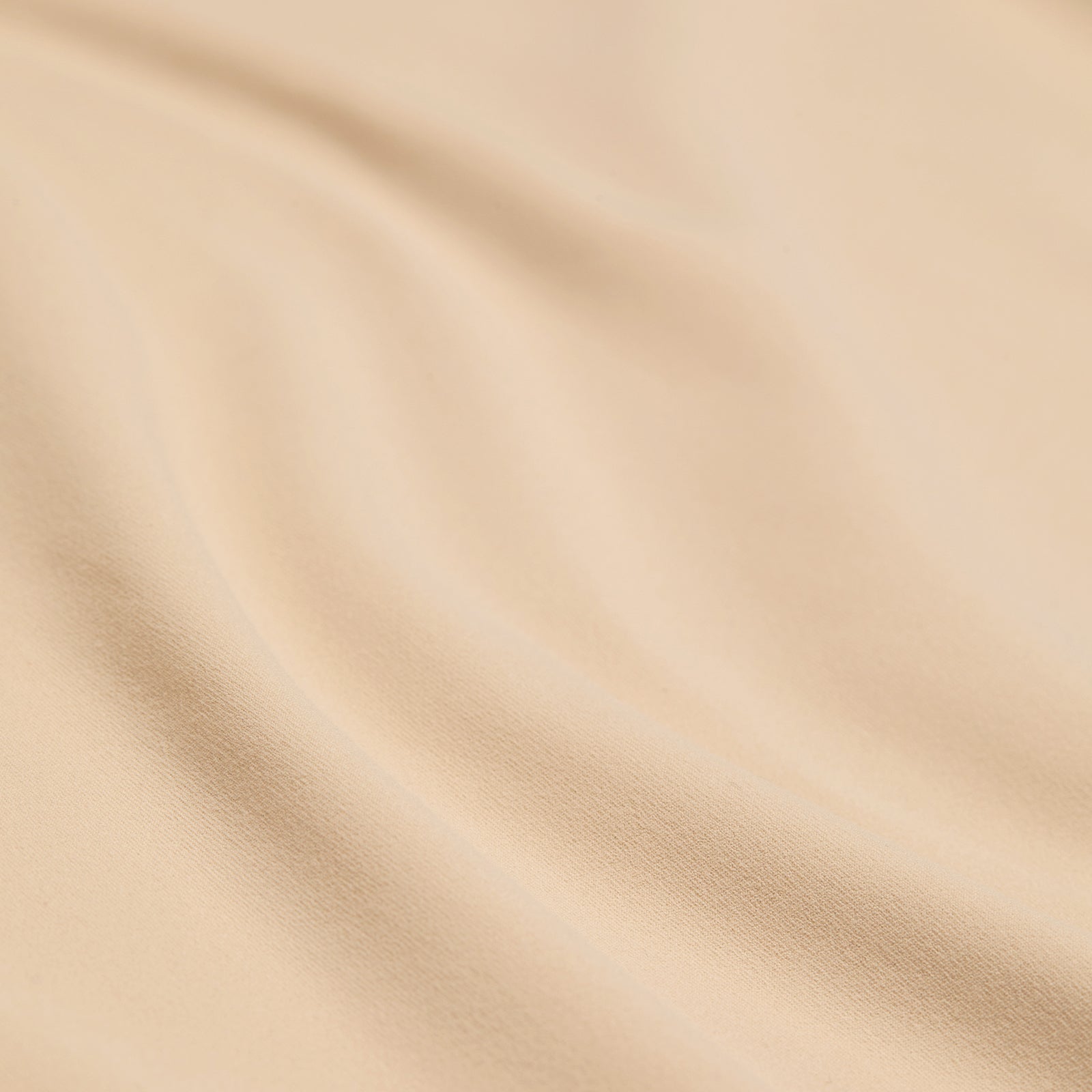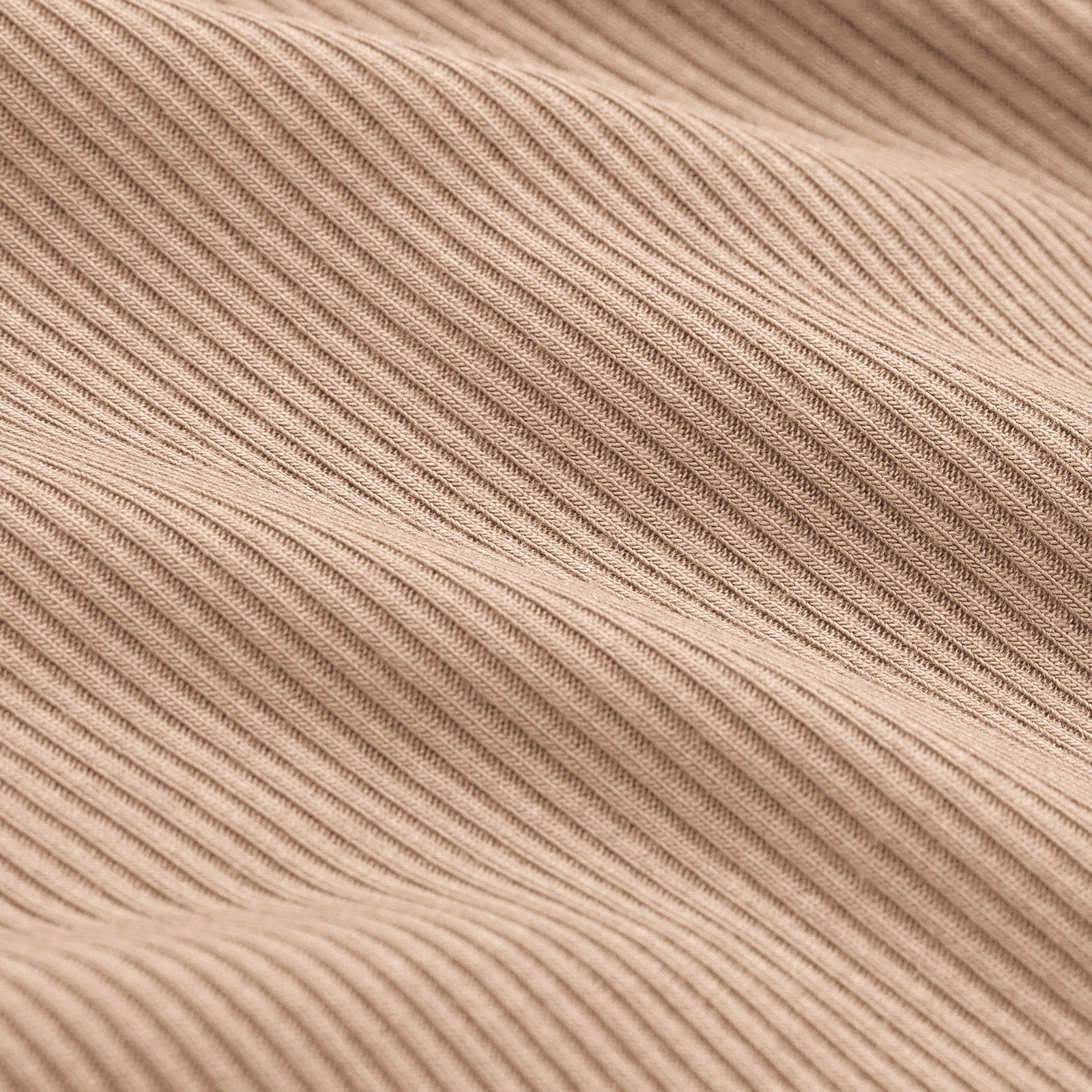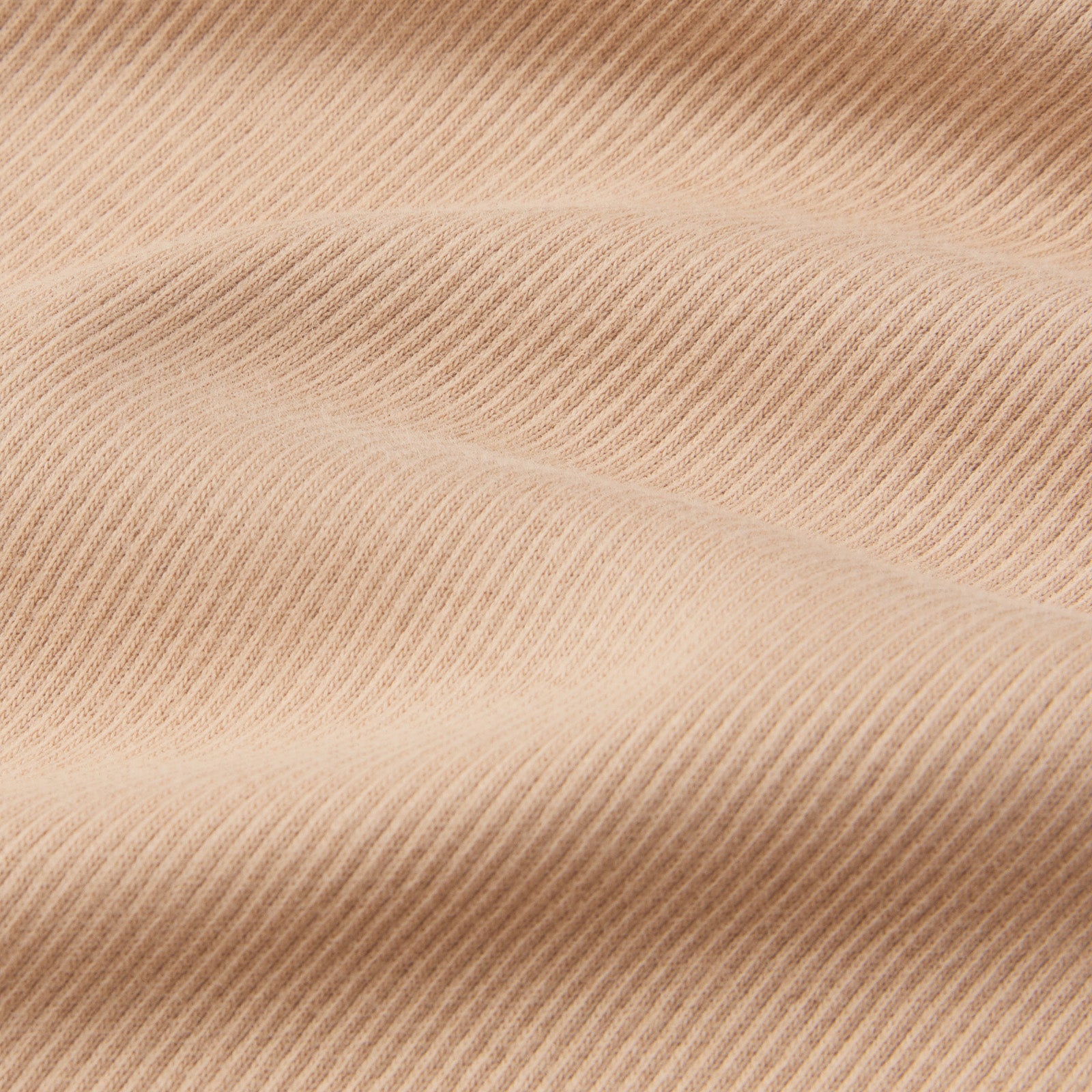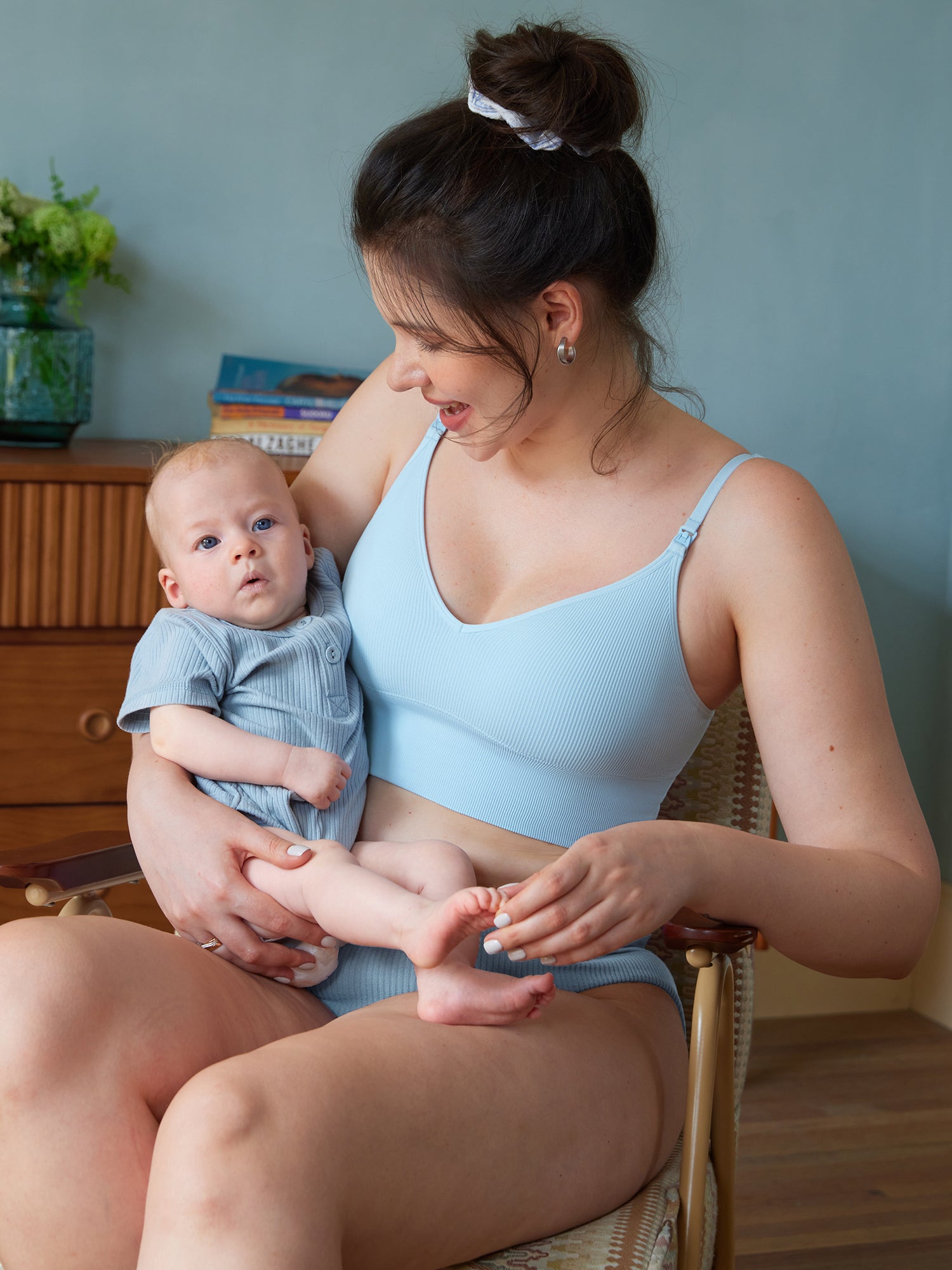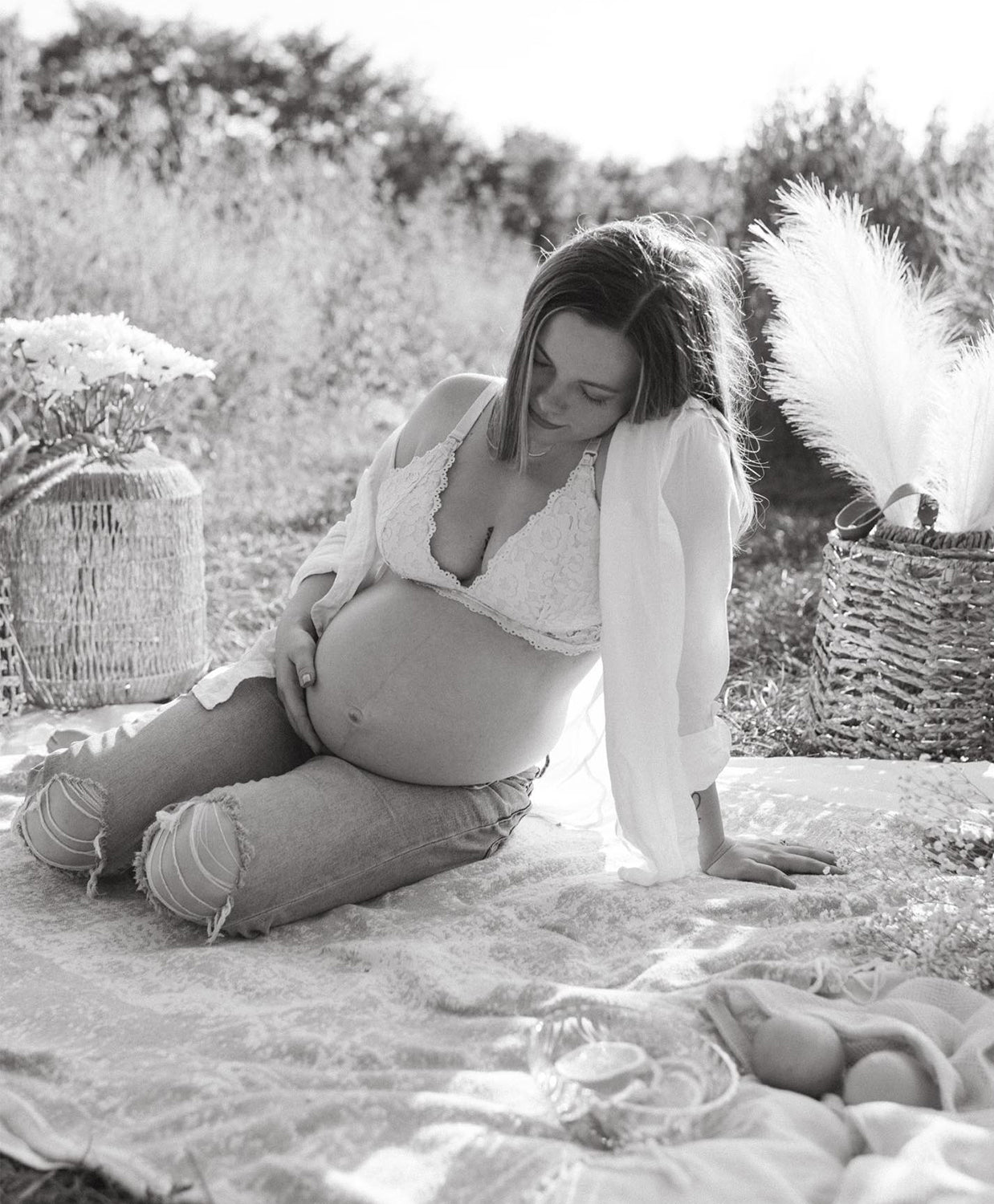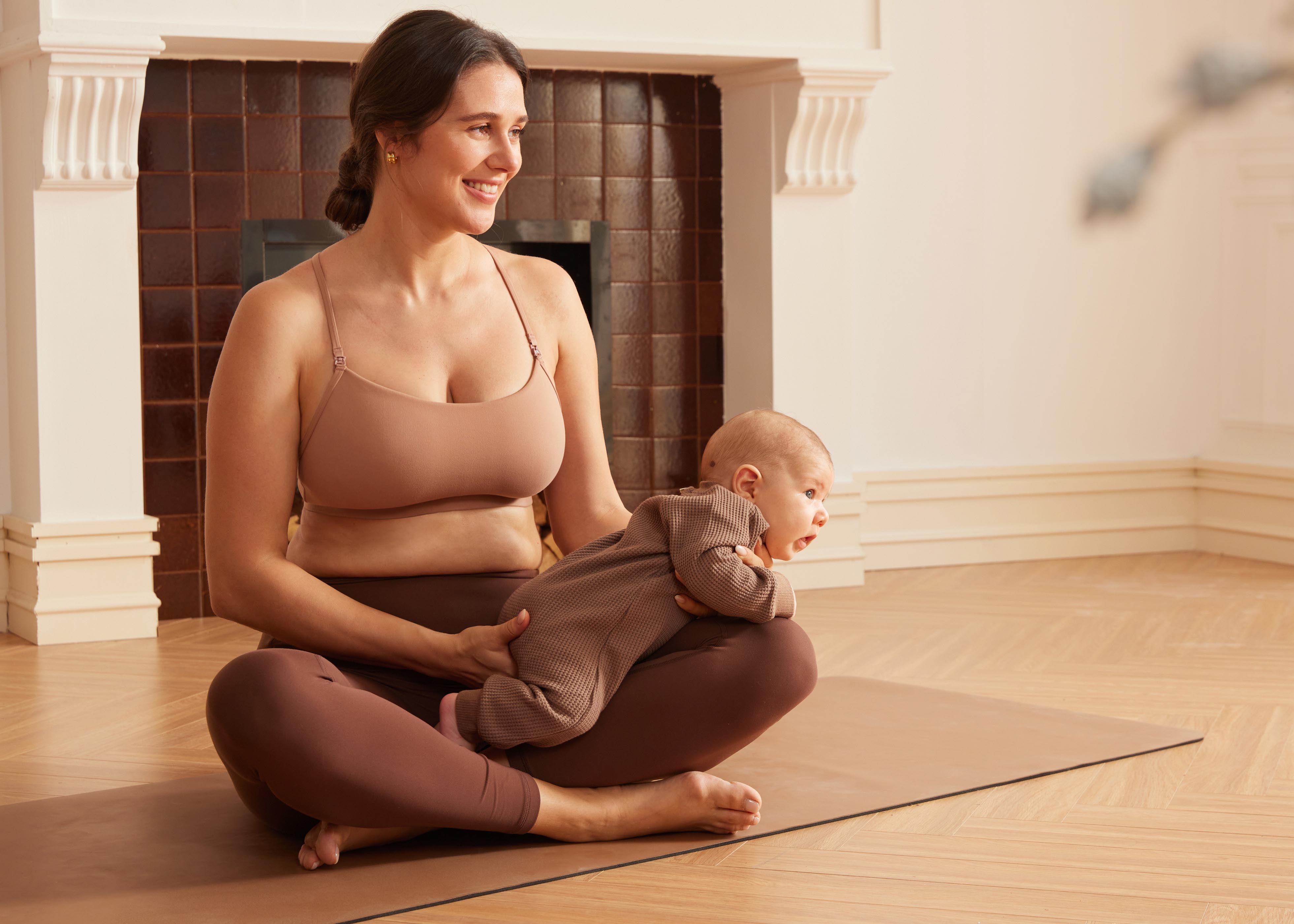Hair loss after delivery, also known as postpartum hair loss, is a common issue faced by many new mothers. It’s a natural process that can leave women feeling frustrated and worried. The good news is that there are several simple and effective home remedies that can help manage hair fall and promote healthy hair regrowth. In this article, we will explore practical tips and remedies to help you combat hair loss after childbirth, giving you the confidence to regain your hair's natural beauty.
Postpartum Hair Loss
Before jumping into remedies, it’s important to understand why hair loss happens after childbirth. During pregnancy, high levels of hormones like estrogen cause your hair to stay in its growth phase for a longer period. After delivery, when hormone levels drop, the hair that was previously in the growth phase falls out. This is completely normal and is known as telogen effluvium. Typically, this type of hair loss is temporary, and with the right care, your hair can grow back to its full glory.
1. Nourish Your Hair with Proper Diet
One of the most important steps in managing postpartum hair loss is to focus on your nutrition. A balanced, nutrient-rich diet can significantly improve the condition of your hair. Ensure your diet includes:
Proteins: Hair is made of keratin, which is a protein. Consuming enough protein-rich foods like eggs, beans, chicken, and fish can provide the building blocks your hair needs to grow back stronger.
Vitamins and Minerals: Vitamins like A, C, D, E, and the B-vitamin group (especially biotin) play a key role in hair health. Zinc and iron are also crucial for reducing hair fall. Incorporating fruits, vegetables, nuts, and leafy greens into your meals will give your hair the nourishment it needs.
Omega-3 Fatty Acids: These healthy fats found in foods like salmon, walnuts, and chia seeds help maintain the health of your scalp and encourage hair regrowth.
2. Gentle Scalp Massage for Hair Growth
Massaging your scalp can boost blood circulation to the hair follicles, helping them receive more nutrients and oxygen. This can encourage hair growth and reduce hair fall. Use natural oils like coconut oil, olive oil, or almond oil for the massage. These oils contain vitamins and fatty acids that nourish the scalp and strengthen hair roots. Gently massage your scalp for about 5 to 10 minutes each day to stimulate hair growth and relax.
3. Aloe Vera: A Natural Remedy for Healthy Hair
Aloe vera is well-known for its soothing properties and can be highly beneficial for hair growth. It helps in reducing scalp irritation and promotes a healthy environment for hair follicles to thrive. Aloe vera also contains enzymes that can prevent hair fall by keeping the scalp moisturized. Apply fresh aloe vera gel directly to your scalp and leave it on for 30 minutes before rinsing it off with lukewarm water. You can use this remedy twice a week for best results.
4. Amla (Indian Gooseberry) for Stronger Hair
Amla, or Indian gooseberry, is rich in vitamin C and antioxidants, which help promote healthy hair growth and reduce hair fall. It also helps maintain the pH balance of the scalp, preventing dandruff and other scalp issues. You can apply amla oil directly to your scalp or mix amla powder with coconut oil to create a hair mask. Leave it on for 30 minutes before rinsing it off.
5. Fenugreek (Methi) Seeds for Hair Regrowth
Fenugreek seeds are packed with proteins and nicotinic acid, both of which help in hair growth and reducing hair fall. These seeds also help in strengthening the hair roots and preventing dandruff. To use fenugreek for hair, soak the seeds overnight, grind them into a paste, and apply it to your scalp. Leave the paste on for 30 minutes before washing it off with lukewarm water. Regular use of fenugreek seeds can result in healthier and thicker hair.
6. Avoid Tight Hairstyles and Heat Styling
Tight hairstyles, such as braids, ponytails, and buns, can put unnecessary stress on the hair follicles and cause hair breakage or traction alopecia. During the postpartum period, it’s important to avoid such hairstyles to reduce the risk of further hair damage. Additionally, heat styling tools like straighteners, curlers, and blow dryers can weaken the hair, leading to more breakage. Try to embrace natural hairstyles and limit the use of heat styling tools.
7. Stay Hydrated
Staying hydrated is crucial for maintaining healthy hair. Dehydration can lead to dry and brittle hair that is more prone to breakage. Drinking plenty of water throughout the day helps keep your hair moisturized from the inside, promoting healthier and stronger hair. Aim for at least 8 glasses of water daily, and try incorporating hydrating foods like cucumbers, watermelons, and oranges into your diet.
8. Manage Stress Effectively
Stress is one of the major factors that can exacerbate hair loss. The emotional and physical stress experienced during the postpartum period can contribute to hair thinning. Practice stress-relieving activities such as meditation, yoga, deep breathing exercises, or simply taking time for yourself. Engaging in these activities regularly can help balance your hormones and improve the overall health of your hair.
9. Take Supplements If Necessary
In some cases, postpartum hair loss may require additional support through supplements. Talk to your healthcare provider before taking any supplements, but certain vitamins like biotin, folic acid, and vitamin D have been shown to help promote hair growth. Iron supplements can also help if you’re experiencing hair loss due to iron deficiency, which is common after childbirth.
Conclusion
Postpartum hair loss is a temporary condition that many women face, but it doesn’t have to be permanent. With the right care, you can reduce hair fall and support healthy hair regrowth. Focus on a nutrient-rich diet, try natural remedies like aloe vera and fenugreek, avoid heat styling, and manage stress effectively to give your hair the best chance to thrive. Remember, patience is key as your hair will gradually return to its normal growth cycle with the right approach.
FAQs
How long does postpartum hair loss last?
Postpartum hair loss typically lasts for 3 to 6 months. However, with proper care and nutrition, most women find that their hair starts to grow back within this period.
Can I prevent postpartum hair loss completely?
While it’s difficult to prevent postpartum hair loss entirely due to hormonal changes, you can reduce its severity by following a healthy diet, managing stress, and using natural remedies.
Will my hair go back to normal after postpartum hair loss?
Yes, in most cases, hair regrowth happens naturally once hormone levels stabilize. It may take time, but with the right care, your hair will return to its normal state.

